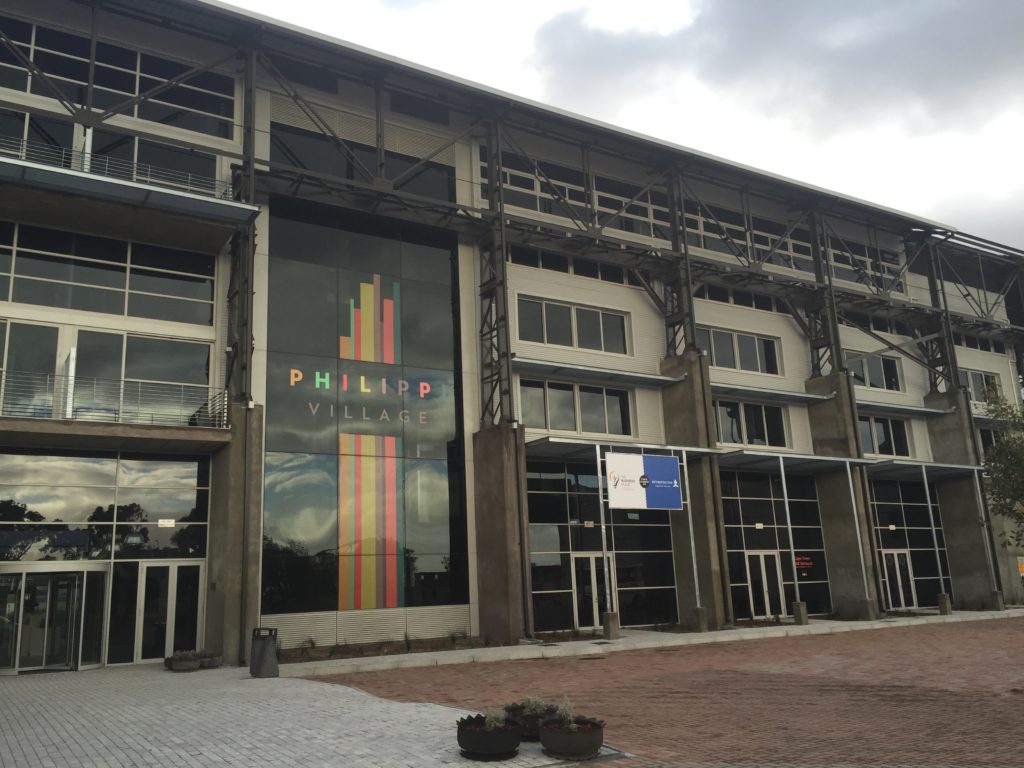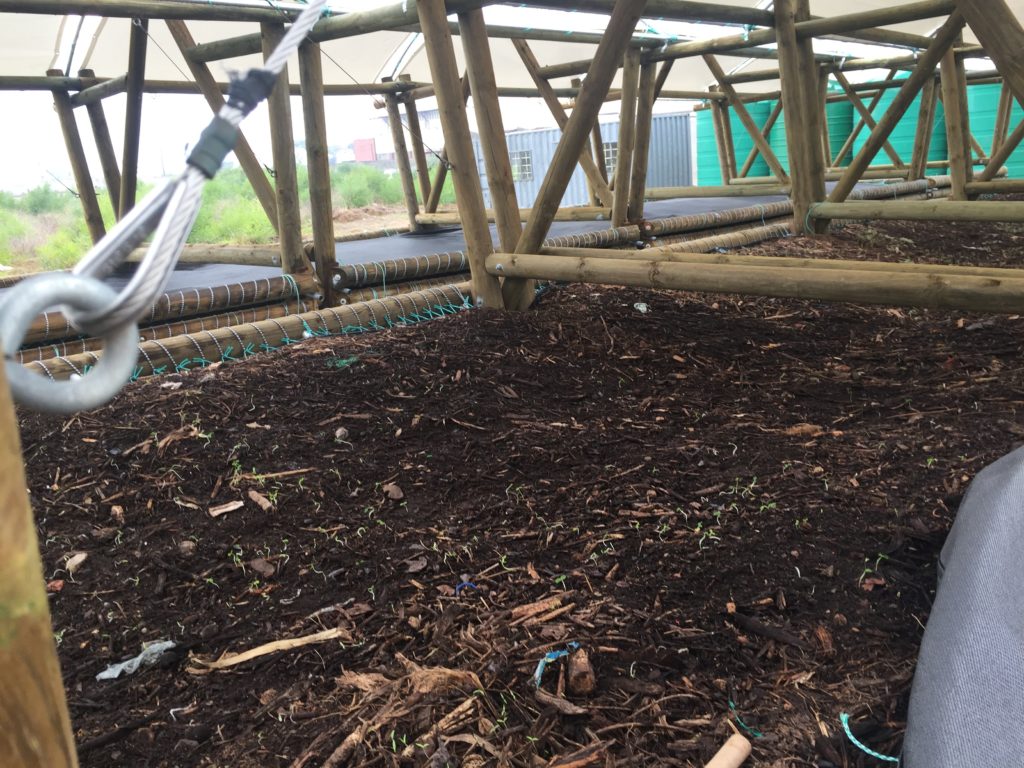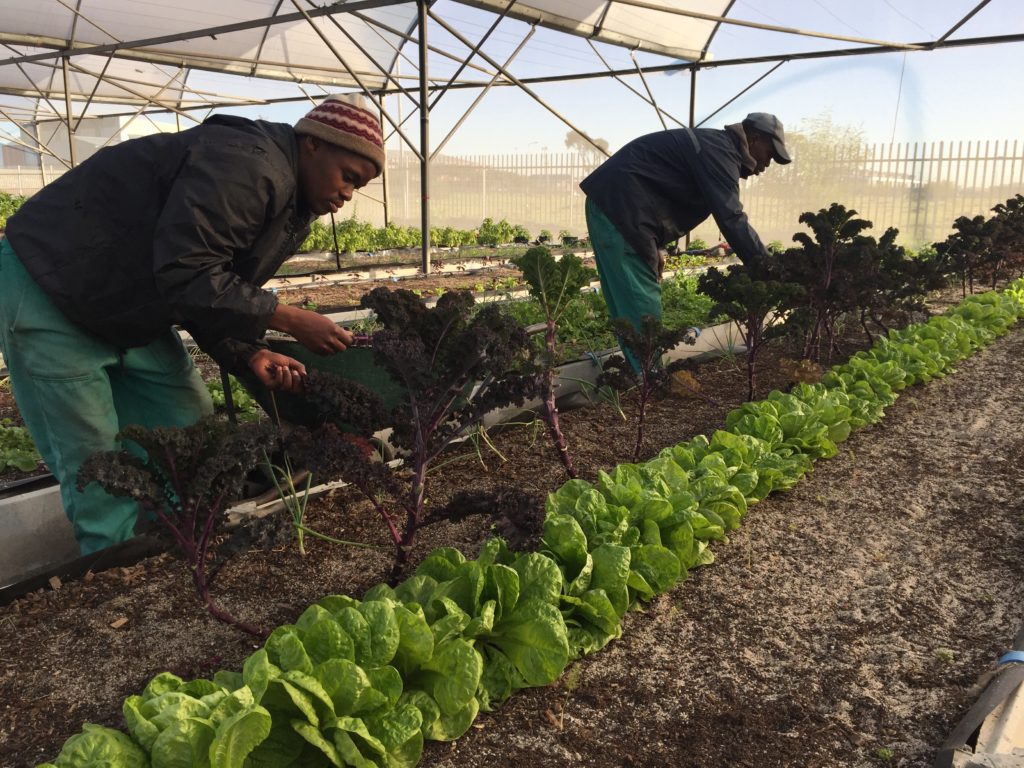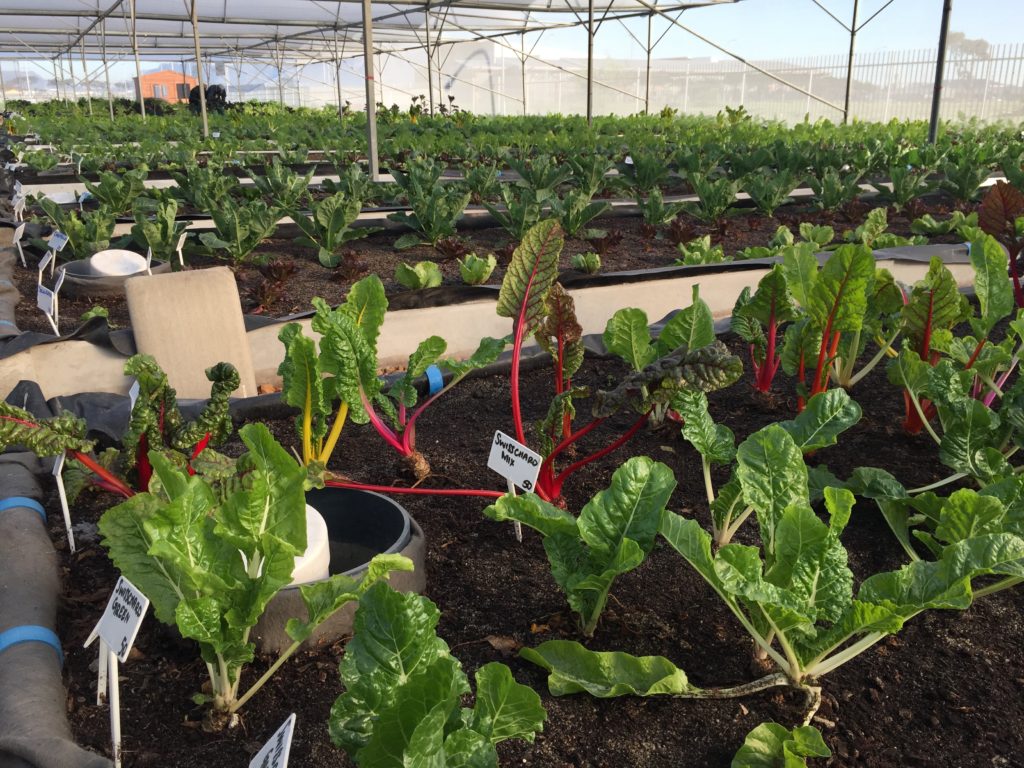
In the geographic center of the sprawling city limits of Cape Town, the neighborhood of Philippi sits with 3,600 hectares (8,896 acres) of farmland alongside developed neighborhoods with high unemployment and many areas of informal settlements. The vision of the City of Cape Town is that Philippi be strategically planned as a truly central business district for the city as its hub for the airport, agriculture, transportation, industry, waste, and small business development.

PEDI, the Philippi Economic Development Initiative, stands to make this vision a reality through “accelerating” economic growth. Funded largely by the city and the Western Cape province, PEDI started in 1998 by managing risk and redevelopment with city land holdings. It has handled the purchase of several properties for business development. It brokers meetings between government and business entities who otherwise wouldn’t collaborate. It also assisted a neighboring faith-based NGO to acquire a stormwater retention area and redeveloped it as a sports field. This kept it from being built on informally and also made it a community asset as it had become a dumping area for waste. It also actively seeks the implementation of transportation upgrade plans to spur business expansion.

One large project PEDI has helped to birth is Waste to Food, a high-tech compost operation with a workflow that takes all types of food processing waste (plant and animal waste, including bones) from larger grocers (Pick’nPay) using a HotRod to break it down with record time, then composting the product in worm hammocks to make pro-biotic vermicompost and the worm tea.

The program that is now PEDI’s main focus and investment is its Urban Agriculture Academy. Situated at the city’s Philippi Fresh Produce Market on Stock Road, it has access to 1.5 hectares of land on which to farm. From low-investment open bed farming to high-investment sub irrigated beds in a growing tunnel, it aims to train urban farmers to grow vegetables and herbs as a livelihood through accredited training. With the Philippi Horticultural Area (PHA) next door, PEDI hopes that the newly trained farmers will be able to access land and begin farming on the hectare scale. The PHA has seen its largest farms fold and sell off to developers in the last 30 years. But agriculture at smaller scales can be profitable for organic market farmers. There are jobless South Africans who could make more on the land than from sitting at home. This can then be seen as a social justice issue for land access, job creation, and metropolitan food security.

I was fortunate to be offered a consulting position to improve the Agricultural Value Chain by developing markets for its products, including compost, seedlings, organic produce, and food processing. At the same time I will bring to bear my experience in soil and water testing, production planning, agronomy, and PGS organic certification to bolster the UA academy activities. I will also explore the possibility of developing an agrihub for the Cape Flats at the Philippi Fresh Produce Market. An accessible market is one of the biggest gaps for small-scale organic market farmers in the area and stands to be a game changer for the viability of the city’s urban farmers. It is such a thrill to be back in Cape Town working to improve and enhance urban agriculture. This is such an exciting sector to be apart of.
